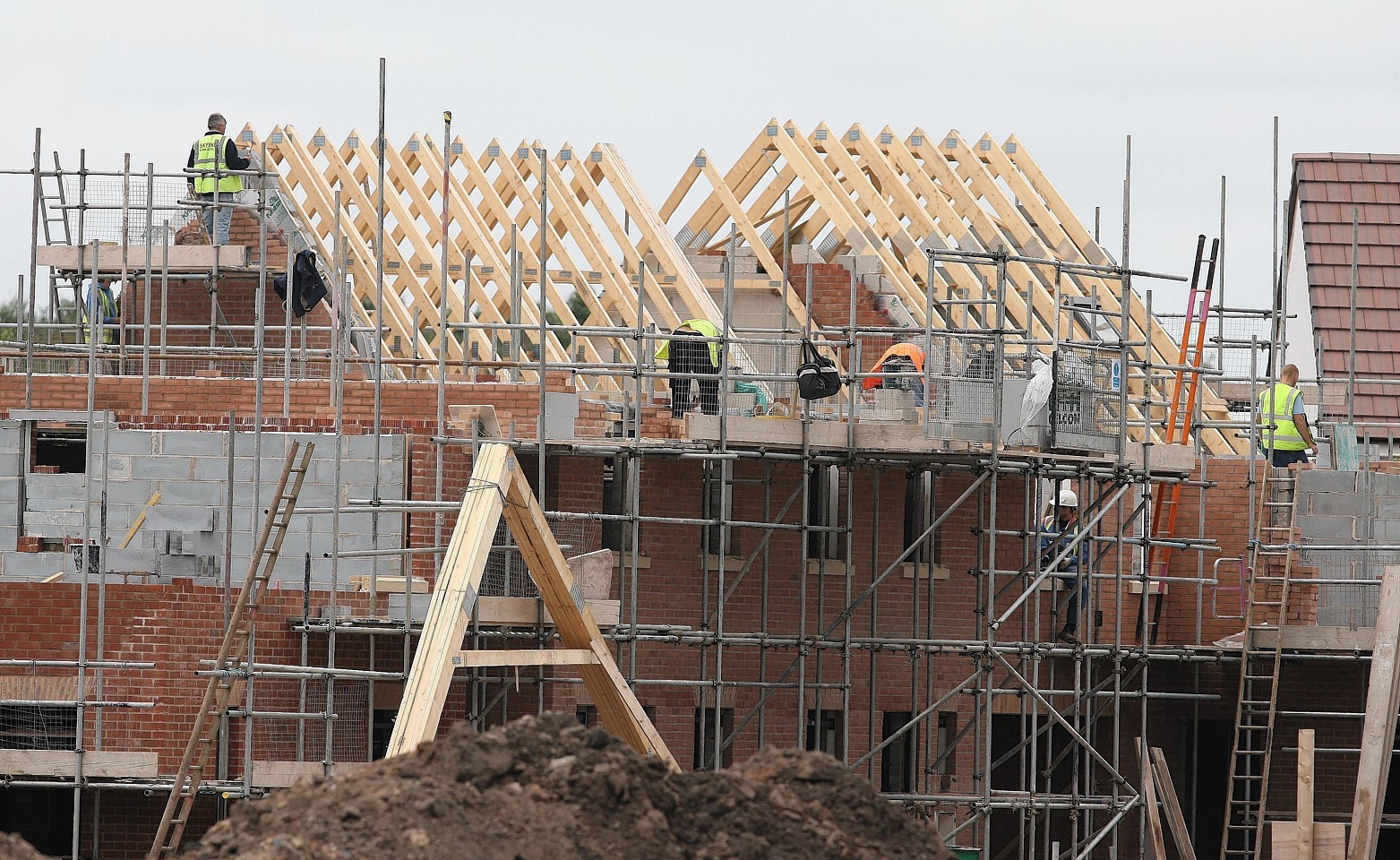A booming north-east economy led to Aberdeen City Council’s planning department taking in more than £1million in fees last year.
The income for the authority, when broken down by the number of staff working on applications, is more than double the national average, at £48,000 per case officer compared to £23,000 elsewhere.
However, the figures also mean a very heavy workload for the planning department, with local authority officials struggling under the weight of applications.
The council has already moved to increase staff numbers to cope with the demand.
Deputy council leader Marie Boulton, who sits on the planning development management committee, said: “I think Aberdeen has bucked the trend when it comes to planning applications, and that’s why we have been arguing we should be able to increase the fees.
“Given the problems that we have with recruiting and retaining staff due to the buoyant economy, I think there is an argument to be made that Aberdeen should be an exception and we should have a bit more flexibility.
“No developer, no businessman will want to pay more than they have to, but if they saw that it was going to mean a quicker service to get their developments underway, then they might think it was a price worth paying.”
A national 5% increase in application fees came into effect on November 1.
Anyone applying for planning permission in principle now pays £401 for a house or £401 for every quarter-acre of a larger site area, up to a maximum of £10,028.
Homes for Scotland, which represents developers across the country, said its members had no problem with higher fees if the service improved.
However, the organisation’s head of planning strategy Blair Melville said many councils were still offering an “inadequate” service.
At the time of the fees being raised, he said the Scottish Government’s own planning performance framework monitoring showed a system “which falls far short of the standards of customer service, speed and efficiency that the country needs if new development is to stimulate economic growth”.
Mr Melville said there were “bright spots”, but the worst-performing councils are “undoubtedly acting as a drag on development”.
